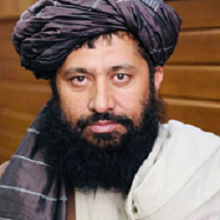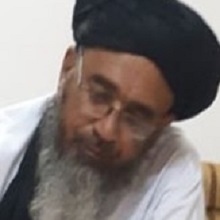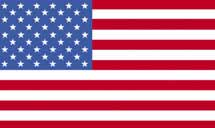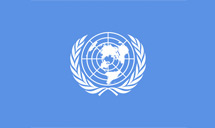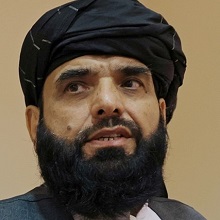Amin ul-Haq is an internationally designated senior al-Qaeda officer who previously headed Osama bin Laden’s Black Guard, a security unit dedicated to protecting bin Laden. Ul-Haq served as bin Laden’s security chief at the battle of Tora Bora in 2001 before fleeing to Pakistan. Ul-Haq, who reportedly commands hundreds of al-Qaeda fighters, returned to Jalalabad, Afghanistan following the Taliban’s takeover of Kabul in August 2021.
Ul-Haq became close to bin Laden in the 1980s when he worked with Abdullah Azzam—who scholars of Islamism consider the father of the modern jihad. Ul-Haq also served as a member of the Hizb-i Islami Khalis, a faction of the Hizb-i-Islami group that helped welcome bin Laden and al-Qaeda to Afghanistan following the group’s ejection from Sudan in 1996.
Given ul-Haq’s association with bin Laden and his overall role in al-Qaeda, the United Nations Security Council sanctioned ul-Haq on January 25, 2001. The U.S. Department of the Treasury followed suit, and on October 12, 2001, ul-Haq was designated as a Specially Designated Global Terrorist (SDGT).
Following the 9/11 attacks, in December 2001, U.S. forces launched a mission in the cave complex of Tora Bora, Afghanistan to find bin Laden and other senior al-Qaeda members. According to media sources, ul-Haq, who was serving as leader of the Black Guard at the time, reportedly helped bin Laden and other senior al-Qaeda leaders flee the battle of Tora Bora to safely relocate to Pakistan. The Black Guard were specially selected al-Qaeda members who took a blood oath to defend bin Laden to their death. The members, who had personal ties to bin Laden, were selected by the al-Qaeda leader himself.
Following renewed fighting at Tora Bora between al-Qaeda and U.S.-led troops in the summer of 2007, ul-Haq was allegedly wounded before fleeing back into Pakistan’s Kurram tribal agency. Ul-Haq was detained by Pakistani security forces in Lahore in 2008 for his connection to al-Qaeda, and was reportedly released in 2011 after Pakistani officials claimed his connections to al-Qaeda “could not be proved” and that he was in poor health. Following ul-Haq’s release, he virtually disappeared from the public eye.
On August 6, 2021, the Taliban began an offensive against major Afghan cities with the seizure of Zaranj, capital of Nimruz province. By August 13, the Taliban controlled 17 of Afghanistan’s 34 provincial capitals and more than two-thirds of the country. On August 15, Afghan President Ashraf Ghani fled Afghanistan and thousands of Afghans poured into Kabul’s airport as Taliban fighters entered the city. By August 16, the Taliban laid siege to the presidential palace and took complete control of Kabul, after which the Taliban declared the war in Afghanistan had ended. The Taliban has claimed that it would take on a more “moderate” approach in their ruling of the country, and that women are allowed to have roles in public life in observance of “Islamic law.”
On August 30, 2021, ul-Haq arrived in Afghanistan after being virtually untraceable for the past decade. Ul-Haq was captured on video in a large convoy as it traveled through a checkpoint in Nangarhar province. Media sources reported a small crowd of Taliban members surrounded ul-Haq’s vehicle to shake his hand and take photos with him.
According to media sources, hundreds of fighters are under ul-Haq’s command. Those fighters allegedly harassed Afghans attempting to flee Kabul following the Taliban’s takeover of Afghanistan. Although the Taliban regularly denies association with al-Qaeda, U.N. reports have claimed the groups are “closely aligned.”
History Timeline
https://docs.google.com/spreadsheets/d/1vAhVptkrPssBt5rceBlWzT8yre6HQxdrpPXPcybO-HA/pubhtml

